
4 Abdominal Changes That Could Signal a Hidden Tumor
4 Abdominal Changes That Could Signal a Hidden Tumor — Ignore Them at Your Own Risk!
Many people overlook or fail to recognize subtle abdominal changes until it’s too late — by the time cancer is detected, regret often comes too late.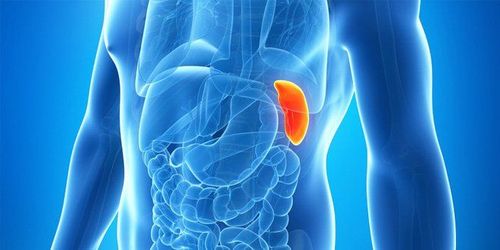
The abdomen houses several vital organs such as the liver, stomach, intestines, pancreas, ovaries, and uterus. Therefore, any unusual changes in this area can serve as direct warning signs of malignant tumor growth. Unfortunately, many tend to dismiss these symptoms, mistaking them for common digestive issues or belly fat, giving cancer the chance to “hide” and progress silently.
Here are 4 abdominal changes you should never ignore — they may indicate a tumor growing inside your body:
1. Unexplained Abdominal Enlargement (Bloating or Ascites)
Feeling full or bloated after eating is normal, but if your abdomen suddenly enlarges rapidly without any dietary or weight-related cause, it’s a serious red flag.
This symptom is commonly associated with ovarian cancer (especially in women), liver cancer, or pancreatic cancer. A tumor can either physically occupy space or cause ascites — an abnormal buildup of fluid in the abdomen due to blockage or pressure from the tumor.
Note: Fat-related belly enlargement feels soft, whereas disease-related swelling is often tight, firm, and may cause the navel to protrude.
2. A Noticeable Lump or Hard Mass in the Abdomen
Regularly palpating and checking your abdomen can help detect abnormalities early. If you can feel a hard lump beneath your skin or deeper inside that doesn’t move and isn’t part of your abdominal muscles, you should see a doctor immediately.
Such a mass could be a primary tumor in the liver, stomach, intestines, or ovaries that has grown large enough to be felt — or even metastatic cancer spreading to the abdominal wall.
Malignant tumors are usually fixed and painless in the early stages, which often leads people to mistake them for benign fatty lumps or hernias.
3. Persistent Abdominal Pain That Doesn’t Improve
Abdominal pain is common and often harmless, but if the pain persists for weeks, doesn’t ease with painkillers, and isn’t linked to menstruation or meals, it could signal something serious.
Such pain is typical of pancreatic cancer (dull pain radiating to the back), colon cancer, or stomach cancer when tumors begin to invade surrounding tissues.
Unlike ordinary inflammatory pain, cancer pain tends to worsen gradually, may strike at night, and can disturb sleep.
4. Long-Term Changes in Bowel Habits or Digestion
While not a visible change in the abdominal wall, persistent digestive or bowel changes are strong indicators of internal tumors in the stomach or intestines.
Colorectal cancer is a major cause, often showing signs like alternating constipation and diarrhea, bloody stools, or pencil-thin stools caused by tumor blockage.
Meanwhile, stomach or pancreatic cancer can lead to rapid weight loss and chronic indigestion due to enzyme deficiency.
Any bowel habit change lasting more than a few weeks without an obvious dietary cause should prompt immediate endoscopic examination — ignoring it could be a costly mistake.
News in the same category


7 warn.ing signs your body is begging for a detox

The humble superfood: why cabbage is a hidden hero for people with diabet.es
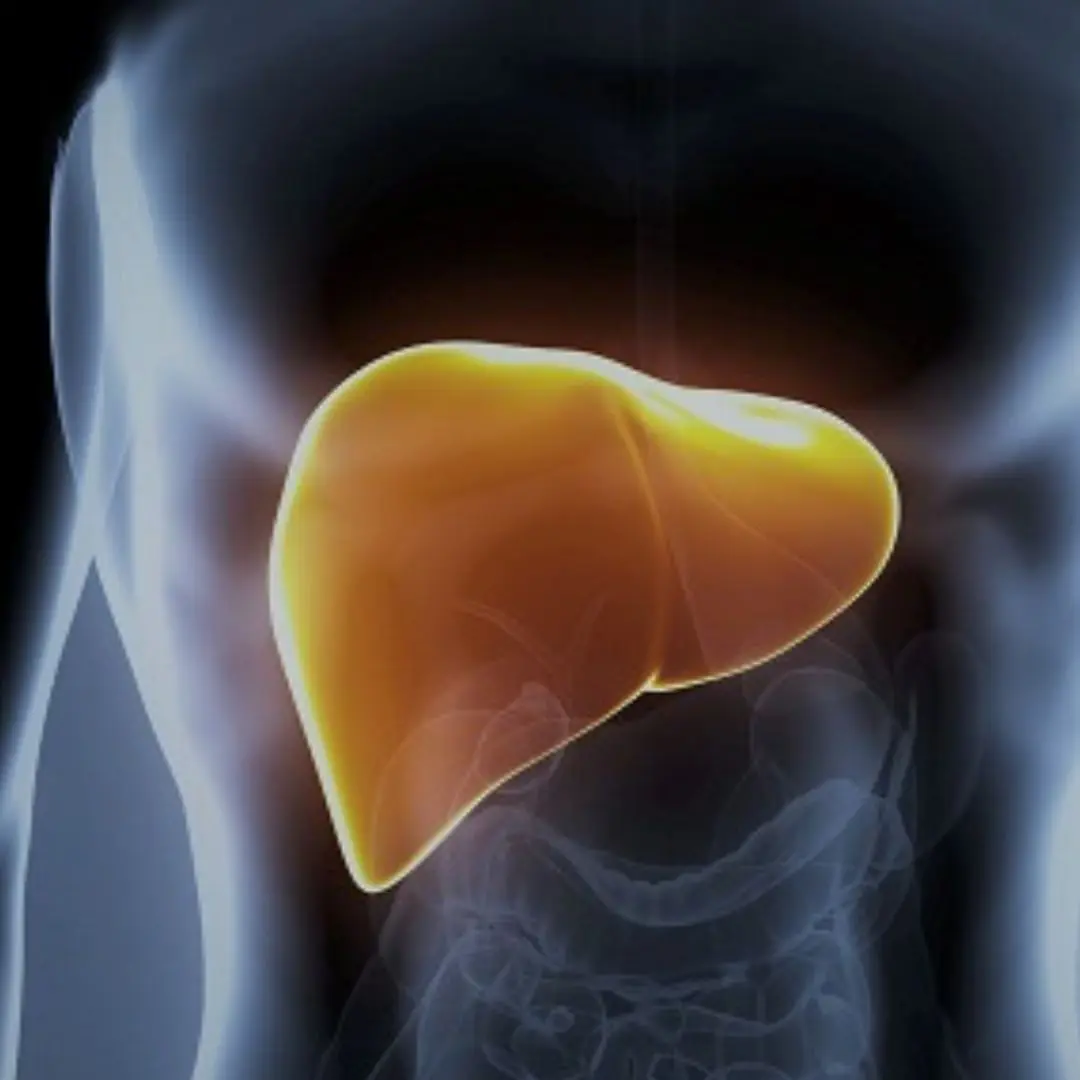
Science backs it up: 3 fruits that fight fatty liver, regulate sugar and cholesterol

The bedtime drink doctors say can improve your sleep and protect your kid.neys

9 surprising health benefits of black grapes you probably didn’t know

Are seed oils really healthy? Only if you use them like this

9 Habits That Can Dramatic.ally Cut Your Ri.sk of Disea.se

If your mouth feels dry at night, here are 8 reasons why
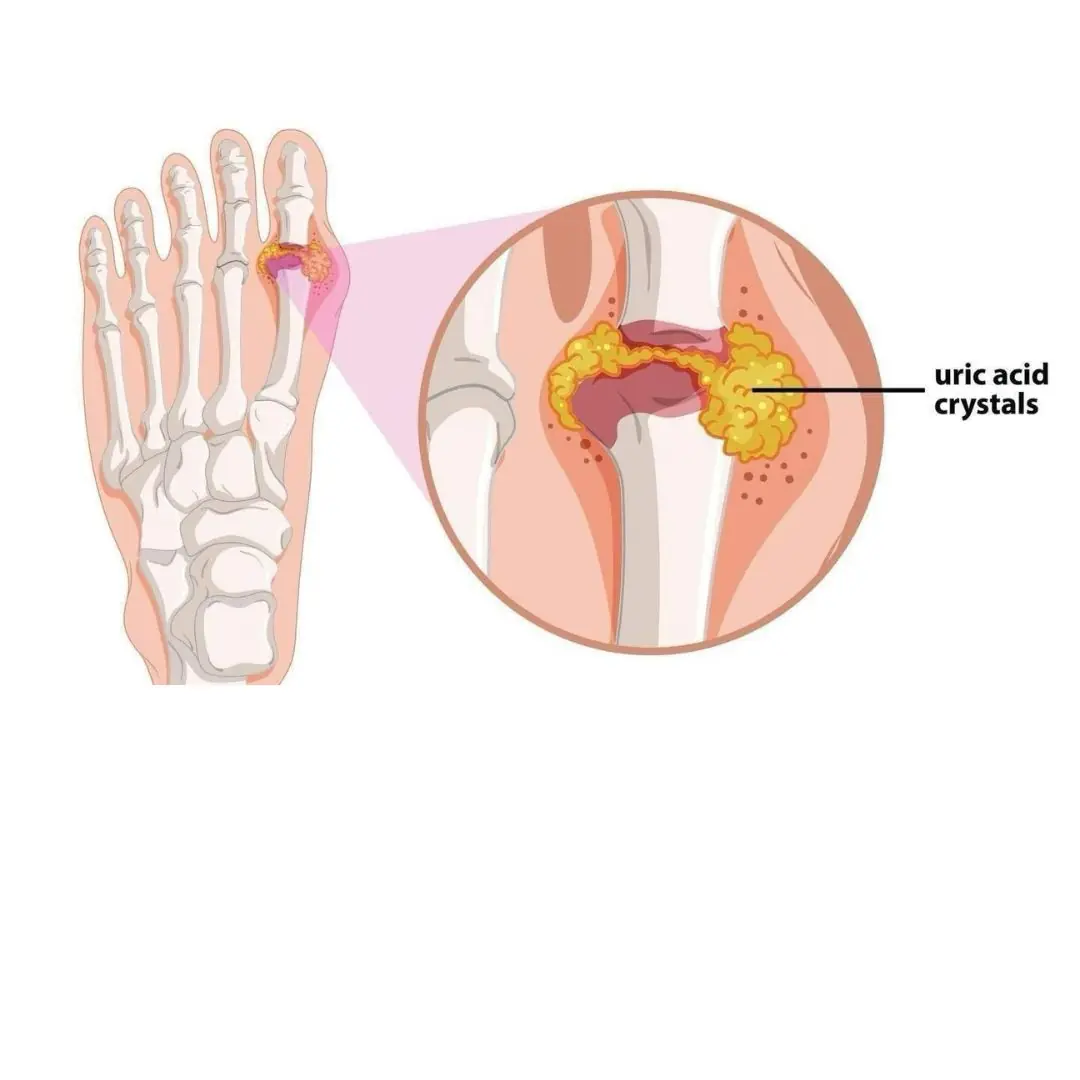
Quick & Easy Ways To Flush Out Uric Acid And Prevent Gout

Don’t Be Fooled by the Sweet Taste – 5 Fruits That Can Send Your Blo.od Fat Levels Out of Control!

5 Early Warning Signs of Kid.ney Failure You Shouldn’t Ignore
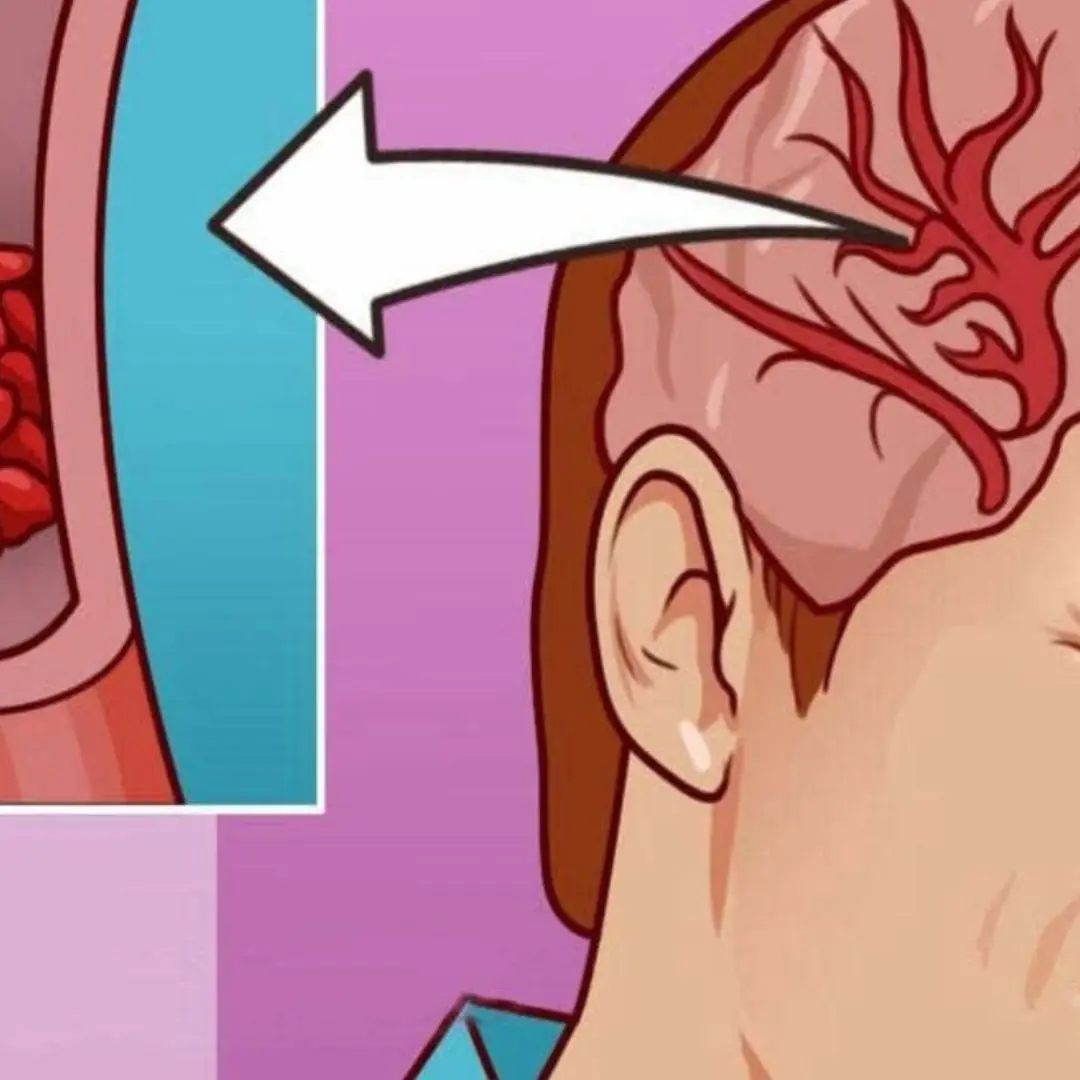
32 Signs You Have a Magnesium Deficiency & 23 Foods You Need to Start Eating Immediately
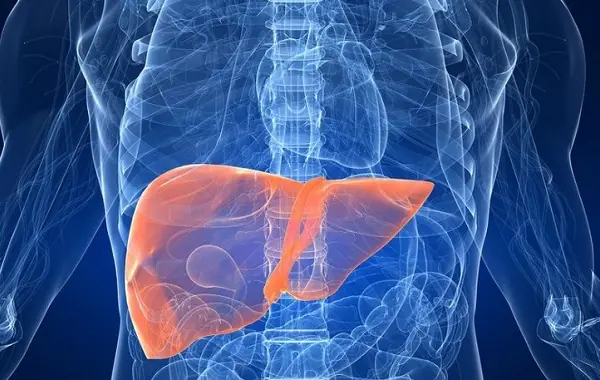
6 Warning Signs Your Li.ver May Be in Trouble

Foods To Eat And Avoid To Help Prevent Can.cer

3 White Foods That Naturally Cleanse and Strengthen Your Lu.ngs

Golden Rules For Choosing Vegetables When You Have Liv.er Disea.se

The Secret Strength of Iris Flowers: Timeless Elegance with Remarkable Healing Power

4 Anti-Inflammatory Drinks That Help Control Bloo.d Sugar Naturally
News Post

Why You Should Put a Roll of Toilet Paper in Your Fridge

He Asked for a Divorce Again and Again for Months

Most people don't know the meaning of wearing an ankle bracelet

People Shocked to Learn Reason Public Toilet Doors Don’t Touch The Floor

Recognizing Signs of the Most Dang.erous Health Events in Cold Weather: Often Overlooked

7 warn.ing signs your body is begging for a detox

6 glow-boosting foods that make your skin look younger from the inside out

The dark side of protein shakes: Too much protein can silently dam.age your kid.neys

Should you really eat an egg every day? Here’s what science says about cholesterol

7 lifestyle changes that can transform your heart health

The humble superfood: why cabbage is a hidden hero for people with diabet.es

5 powerful drinks that boost your energy better than coffee

Science backs it up: 3 fruits that fight fatty liver, regulate sugar and cholesterol

The bedtime drink doctors say can improve your sleep and protect your kid.neys

9 surprising health benefits of black grapes you probably didn’t know

Are seed oils really healthy? Only if you use them like this

Should you replace cooking oil with coconut oil? The truth might surprise you

9 Habits That Can Dramatic.ally Cut Your Ri.sk of Disea.se
